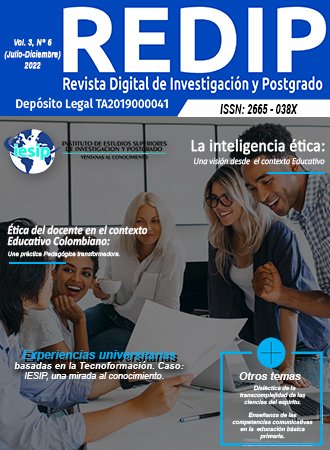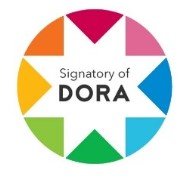Aspects of the Normative Jurisdiction on the testimony of the childor adolescent that affect the procedural principles of immediacyand contradiction to the detriment of the accused in the trialphase of the Venezuelan criminal procedure
DOI:
https://doi.org/10.59654/ndccs077Keywords:
Child, adolescent; anticipated evidence; testimony; accused; immediacy; contradiction; due process, criminal trial.Abstract
The Constitutional Chamber of the Supreme Court of Justice, through binding judgment number 1049, File 11-0145, dated 30 July 2013, has established binding criteria for justice operators in the criminal area, to make use of the anticipated evidence for the account of children or adolescents whether as victims or witnesses, basing this on the Principle of the Best Interest of the Child, provided in Article 78 of the Constitution of the Bolivarian Republic of Venezuela, in order to prevent them from being subject to revictimisation. In my opinion, this position violates due process to the detriment of the accused, as well as the principles of immediacy and contradiction during the evidentiary practice that takes place in the oral trial phase of the Venezuelan criminal process.
Downloads
References
Código Orgánico Procesal Penal. (2012). Gaceta Oficial Extraordinaria de la República Bolivariana de Venezuela nro. 6.078, de fecha 15 de junio de 2012.
Constitución de la República Bolivariana de Venezuela. (1999). Gaceta Oficial Nro. 36.860, 30 de diciembre de 1999.
Ley orgánica para la Protección de Niños, Niñas y Adolescentes. (2015). Gaceta Oficial Extraordinaria de la República Bolivariana de Venezuela nro. 6.185, de fecha 8 de junio de 2015.
Mazzoni, G. (2010). ¿Se puede Creer a un Testigo? El Testimonio y las Trampas de la Memoria. Editorial Trotta.
Rodríguez Ch. O. A. 2005). El Testimonio Penal y sus Errores. Editorial Temis S.A.
Tribunal Supremo de Justicia de la República Bolivariana de Venezuela. www.tsj.gob.ve
Tschadek, O. (010). La Prueba. Editorial Temis S.A.
Downloads
Published
Issue
Section
License
Copyright (c) 2022 Revista Digital de Investigación y Postgrado

This work is licensed under a Creative Commons Attribution-NonCommercial-ShareAlike 4.0 International License.
Esta licencia permite a los reutilizadores distribuir, remezclar, adaptar y desarrollar el material en cualquier medio o formato únicamente con fines no comerciales, y solo siempre que se atribuya al creador. Si remezclas, adaptas o construyes sobre el material, debes licenciar el material modificado bajo términos idénticos. CC BY-NC-SA incluye los siguientes elementos:
![]() POR: se debe dar crédito al creador.
POR: se debe dar crédito al creador.![]() NC: Sólo se permiten usos no comerciales de la obra.
NC: Sólo se permiten usos no comerciales de la obra.![]() SA: Las adaptaciones deben compartirse en los mismos términos.
SA: Las adaptaciones deben compartirse en los mismos términos.











